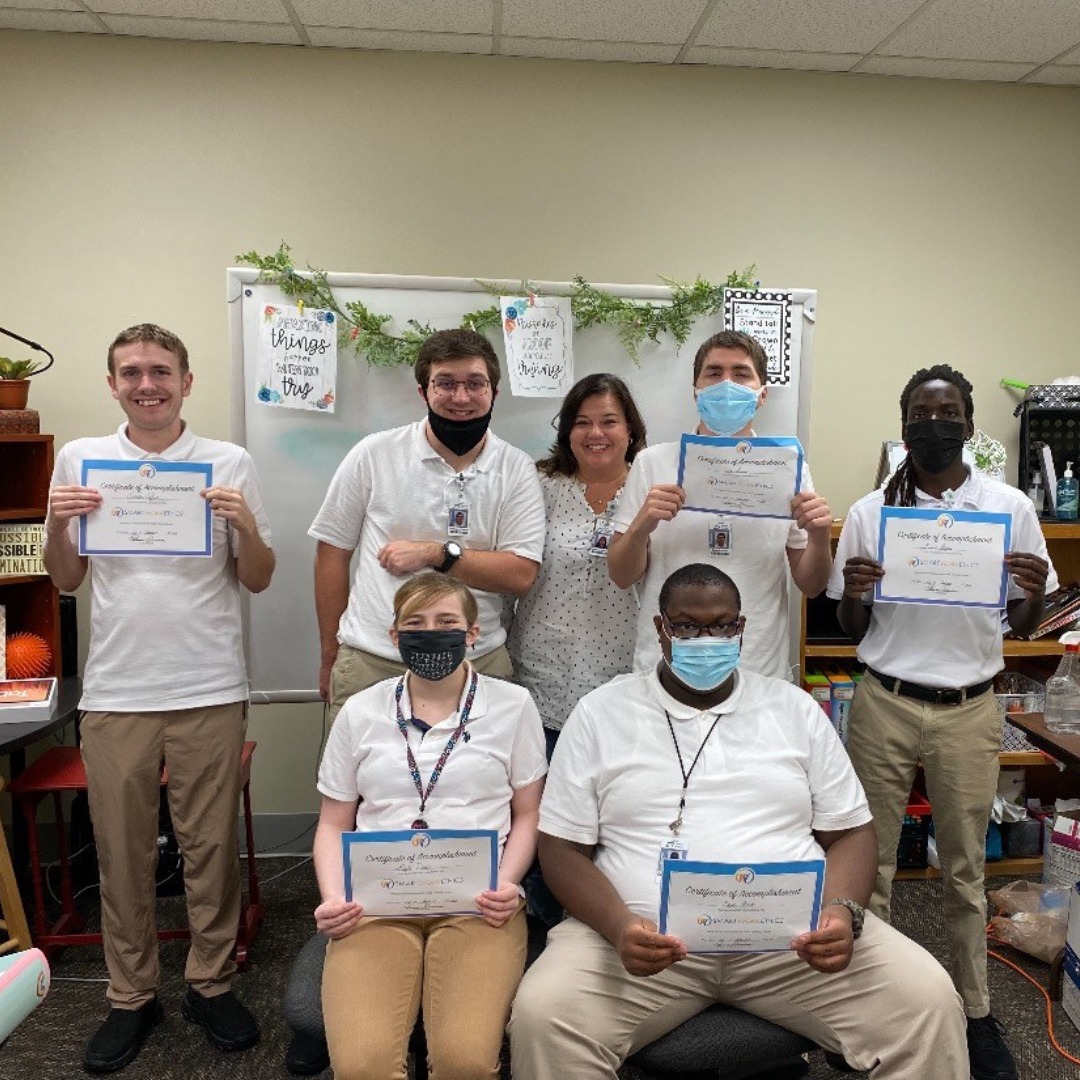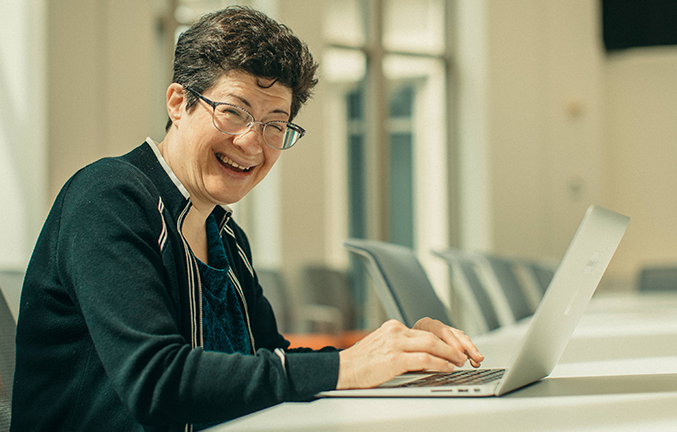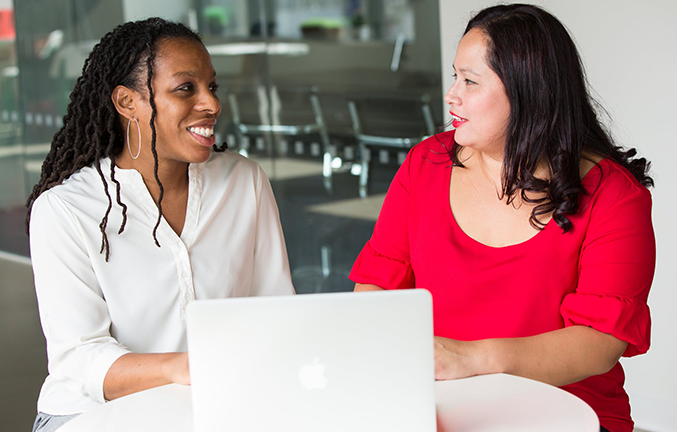Project SEARCH
Project SEARCH serves people with disabilities through innovative workforce and career development. Through this process, we educate employers about the potential of this underutilized workforce while meeting their human resource needs.
About
Project SEARCH Huntsville is a school to work transition program for young adults who have completed their high school course of study and wish to participate in job training to gain work experience, explore career interests, and learn new employability skills. The program is designed to prepare interns for competitive employment. Project SEARCH is a partnership between the Alabama State Department of Education, Alabama Department of Rehabilitation Services, Alabama Developmental Disabilities Council, the Arc of Madison County, Huntsville City School Systems, and Huntsville Health Services. Representatives of each agency collaborate to provide transition services to interns participating in the program. Services include instruction in employment, and independent living skills, job coaching, and job development. Interns complete three internship rotations at Huntsville Hospital where they are immersed in authentic learning experiences. Internship placement is based on individual interests and skill sets.
Program Overview
Students attend the program for a full school year in the host business/hospital. The business provides access to an on-site classroom that can accommodate up to 12 students. the site is staffed by a special education teacher and one to three job coaches to meet the educational and training needs of the students.
Once the school year begins, the first few weeks of the program are focused on new employee orientation, hands-on skills assessment, and familiarization within the business environment. Students develop a career plan which guides the internship selection process and individualized job search.
Throughout the school year, the students work n employability and functional skills for approximately one hour of their day. Classroom activities are designed around these focus areas: team building, getting around your workplace, workplace safety, technology, social skills, communication, presentation skills, interviewing skills, money management, health and wellness, job search skills, and keeping a job.
Through a series of three targeted internships the student acquire competitive, marketable and transferable skills to enable them to apply for a related position. Students also build communication, teamwork and problem-solving skills which is important to their overall development as a young worker. These are unpaid student work experiences-analogous to the clinical rotations that are part of every medical school or business internship program. Potential student worksites are identified through a continuous collaborative process involving the teacher, job coaches and business liaison. These internship rotations begin a few weeks after the start of the program. Students are required to interact with their supervisors via telephone and written communications to arrange a job interview to secure each rotation. A department mentor is identified at each site. The mentor interacts with the instructor, job coaches, and the student as a consistent source of guidance and feedback. Students spend approximately five hours each day at the internships including a thirty minute lunch. Working from a task list, they acquire the core skills necessary to be hired in an entry-level position at the host business site or in the community. Job coaches and department staff collaborate to provide support for students. The Project SEARCH staff delivers the training and develops job accommodations and standard work procedures. Once the students master the core skills, additional skills are layered on to improve their marketability.
During the last few months of the program the emphasis is on refining skills, achieving the career goal, and carrying out individualized job placement. The Vocational Rehabilitation Counselor becomes an even more important part of the team as the job search process begins. Job development and placement occurs based on the student’s experiences, strengths, and skills. Linkages to appropriate services in the community are critical at this stage, as students prepare to graduate from the program, to ensure a successful transition to employment and adult life. Services are identified in the community that provide assistance with necessary adaptations required to perform a specific job, job coaching, and long-term follow along are arranged usually through the local Developmental Disability organization. . Upon satisfactory completion of the program (95% or better attendance, good attitude, successful skill acquisition at each job site) students receive a Career Portfolio. The contents of the packet will vary among replicated program sites, but generally the packets contain a resume, letters of recommendation, a competency profile, any awards or special recognition received while in the program.
Eligibility and Student Selection
Project SEARCH serves students with significant intellectual and developmental disabilities. Typically, these are students who are on an Individual Education Program (IEP) and in their last year of high school eligibility. The most important criterion for acceptance into Project SEARCH is a desire to achieve competitive employment.
Students are referred to the program through their schools, family member, or Vocational Rehabilitation Counselor and apply in the winter and spring in the year prior to entering the program. A team representative of all the partners: Project SEARCH teacher, host business liaison, VR Counselor, community rehabilitation provider staff and other appropriate staff carry out the selection process which includes tours, student interviews, hands-on assessments at the host sites and scoring on a rubric related to entrance considerations.
Securing Supports for New Hires
The Arc@Work partners with our corporate clients, local talent sourcing organizations, and state governments to ensure that each individual in need of workplace accommodations is accounted for and that their needs are met.
Achieving Cultural and Financial ROI
As with all business decisions, the success and sustainability of a disability hiring project can be measured in part by its return on investment. The Arc@Work supports our corporate clients in creating strategies to achieve and measure financial ROI as well as creating branding and external messaging strategies to promote our clients’ disability inclusive work culture.
TalentScout
TalentScout gives you the tools and insight to create a culture of inclusion – and build higher levels of productivity in the workplace. The toolkit content has been vetted by people with autism, and it includes their first-hand accounts and insights as job applicants and employees.









